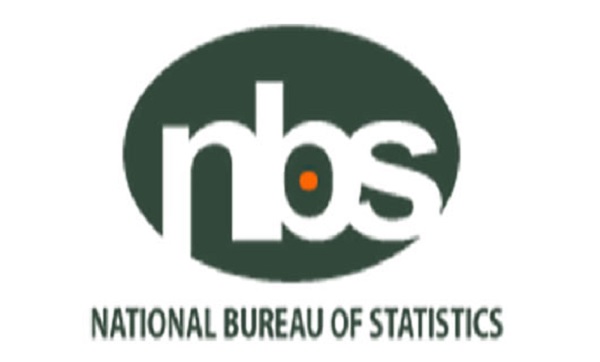
Estimated reading time: 2 minutes
A recent report by the National Bureau of Statistics (NBS) highlights the increasing reliance on foreign loans in Nigeria’s capital importation, raising concerns about potential long-term implications.

Key Findings:
Loan-Heavy Dependence: Nearly 60% of capital inflow into Nigeria in 2023, totaling $2.31 billion, came from foreign loans. This dependence on borrowed funds raises questions about debt sustainability and potential risks associated with volatile interest rates or exchange rates.
Quarterly Trend: While overall foreign capital inflow increased from $654.65 million in Q3 2023 to $1.09 billion in Q4, the reliance on loans remained consistent across quarters. This suggests a sustained trend towards loan-based financing.
Limited Foreign Investment: Despite reaching $3.91 billion in 2023, the total foreign investment, excluding loans, remains relatively low. The breakdown reveals figures of $433.87 million, $771.53 million, $507.71 million, and $594.75 million for Q1, Q2, Q3, and Q4, respectively. This emphasizes the need for strategies to attract more direct foreign investment.
Also Read: Looming fuel scarcity: Truck drivers threaten strike over diesel costs
The report further stated that the country got $627.4m from other equity; $474.1m from bonds; $428.9m from money market instruments; $65.9m from other claims, $1.91m through currency deposits and $51,000 from other capitals.
Comparatively, the Q4 2023 figure slightly surpassed the $1.06bn raked in the same period in 2022, presenting a modest year-on-year improvement of 2.62 per cent.
During the observed period, the majority of Nigeria’s capital importation was driven by investments originating from the United Kingdom, taking the lead with a contribution of $267.24m, making up 24.55 per cent of the total inflows.
Mauritius closely followed suit, directing $226.18m into Nigeria’s economy and accounting for 20.78 per cent of the overall capital importation.
The Netherlands also played a significant role, contributing investments totalling $149.93m, thereby holding a 13.77 per cent share of the total capital imported into the country in Q4 2023.